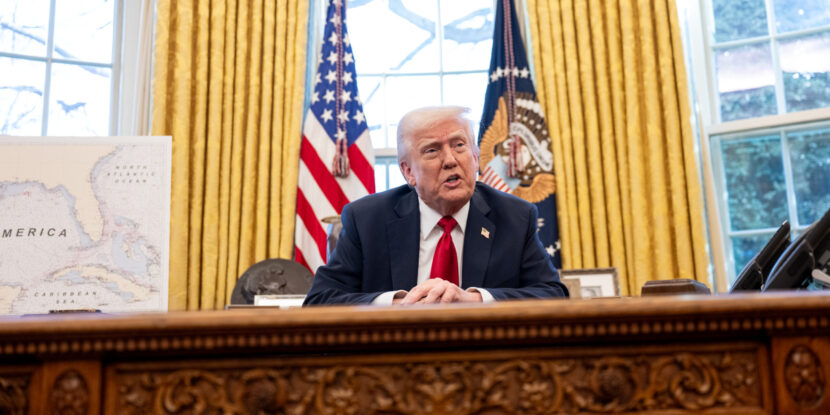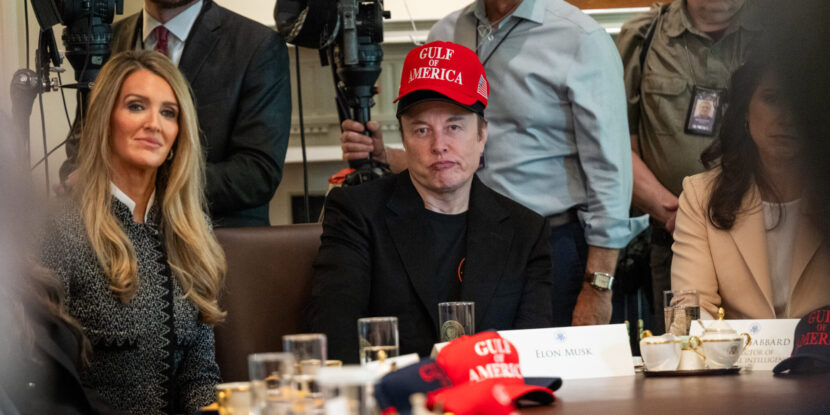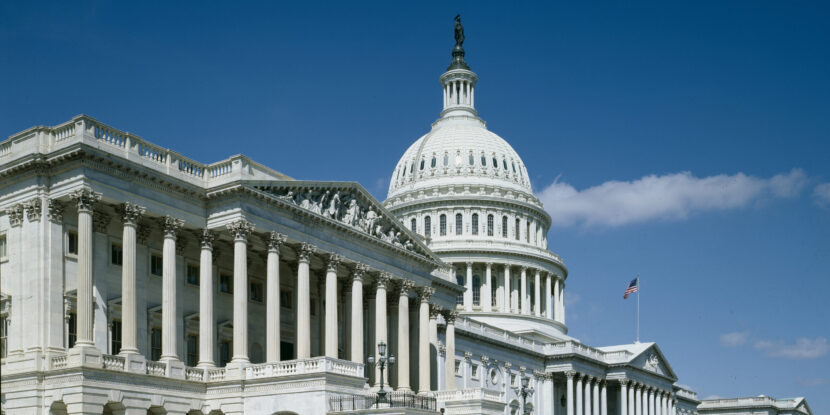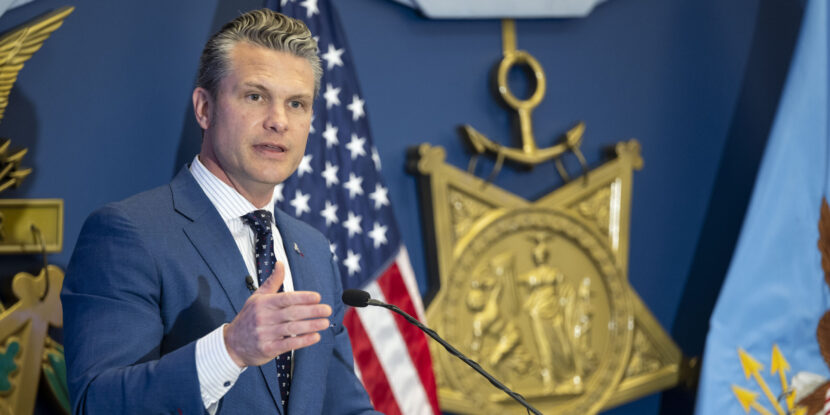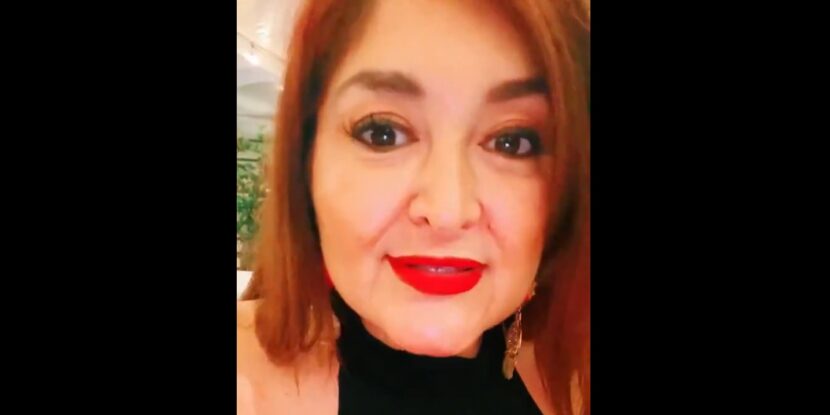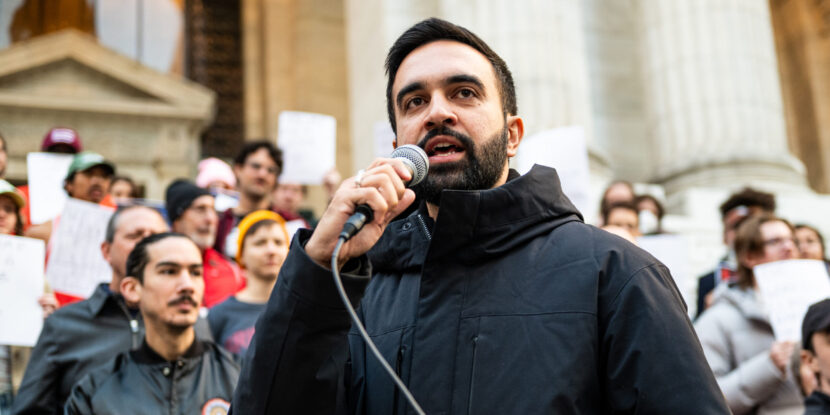PULSE POINTS:
❓What Happened: President J. Donald Trump is pushing Federal Reserve Chairman Jerome Powell to reduce interest rates. Trump argued it is an opportune time for such action following his recent announcement of reciprocal tariffs.
👥 Who’s Involved: President Donald J. Trump, Federal Reserve Chairman Jerome Powell, and various international trading partners.
📍 Where & When: The remarks were made by Trump on Truth Social after his tariff announcement.
💬 Key Quote: Trump stated, “This would be a PERFECT time for Fed Chairman Jerome Powell to cut Interest Rates,” while Powell commented, “We are well positioned to wait for greater clarity before considering any adjustments to our policy stance.”
⚠️ Impact: The tariff announcement led to declines in the Dow Jones and S&P 500. The tariffs have prompted some countries to reconsider their trade policies, with some indicating potential retaliation or negotiation.
IN FULL:
President Donald J. Trump is pressing the Federal Reserve to begin cutting interest rates on the heels of his imposition of a 10 percent blanket global import duty and additional reciprocal tariffs on countries with pre-existing trade barriers against American exports. In a Friday post on Truth Social, Trump criticized the Federal Reserve Bank and its chairman, Jerome Powell, for what he sees as habitual delays in reducing interest rates, suggesting now is the perfect moment for the U.S. central bank to take action.
“This would be a PERFECT time for Fed Chairman Jerome Powell to cut Interest Rates,” Trump wrote. “He is always ‘late,’ but he could now change his image, and quickly. Energy prices are down, Interest Rates are down, Inflation is down, even Eggs are down 69%, and Jobs are UP, all within two months – A BIG WIN for America.”
President Trump then reiterated the call for a rate cut, adding: “CUT INTEREST RATES, JEROME, AND STOP PLAYING POLITICS!”
The Federal Reserve has been hesitant in recent months to reduce interest rates after enacting the first rate cut since 2020 this past September. In the central bank’s view, the robust labor market and rising wages under President Trump make further rate cuts difficult, as reduced interest rates could generate renewed inflationary pressure. Responding to Trump’s call for lower rates on Friday, Powell told reporters in Virginia that the central bank will continue its cautious approach.
“Our obligation is to keep longer-term inflation expectations well anchored and to make certain that a one-time increase in the price level does not become an ongoing inflation problem,” Powell said. “We are well positioned to wait for greater clarity before considering any adjustments to our policy stance. It is too soon to say what will be the appropriate path for monetary policy.”
The Federal Reserve Chairman argued that the new tariffs may potentially generate short-term inflation in the U.S. economy, though he added that the possibility of long-term inflationary effects is less likely. Notably, tariffs can have a dual effect of creating short-term and relatively minor inflationary pressure while, in the long term, having a deflationary impact. The infamous Smoot-Hawley tariffs enacted in 1930 had a significant deflationary effect. This fed into the pre-existing deflationary cycle created by the Great Depression.
